The United Nations Security Council on Monday issued its first demand to halt the fighting in Gaza, calling for a cease-fire during Ramadan in a vote that drew an immediate protest from the Israeli prime minister.
Prime Minister Benjamin Netanyahu canceled a planned visit to Washington by a high-level delegation and accused the U.S. of “retreating” from a “principled position” by allowing the vote to pass without conditioning the cease-fire on the release of hostages held by Hamas.
The resolution passed 14-0 after the U.S. decided not to use its veto power and instead abstained on the resolution, which also demanded the release of all hostages taken captive during Hamas’ Oct. 7 surprise attack in southern Israel. But the measure does not link that demand to the cease-fire during Ramadan, which ends April 9.
The Israeli delegation was to present White House officials with plans for an expected ground invasion of Rafah, where over 1 million Palestinian civilians have sought shelter from the war.
White House national security spokesman John Kirby said the U.S. had been “consistent” in its support for a cease-fire as part of a hostage deal.
“The reason we abstained is because this resolution text did not condemn Hamas,” Kirby said.
The vote comes after Russia and China vetoed a U.S.-sponsored resolution Friday that would have supported “an immediate and sustained cease-fire” in the Israeli-Hamas conflict.
The United States warned that the resolution approved Monday could hurt negotiations to halt hostilities by the U.S., Egypt and Qatar, raising the possibility of another veto, this time by the Americans.
Because Ramadan ends next month, the cease-fire demand would last for just two weeks, though the draft says the pause in fighting should lead “to a permanent sustainable cease-fire.”
U.S. Ambassador Linda Thomas-Greenfield said that the resolution “spoke out in support of the ongoing diplomatic efforts,” adding that negotiators were “getting closer to a deal for an immediate cease-fire with the release of all hostages, but we’re not there yet.”
“So today, my ask to members of this council and to member states in every region of the world is this speak out and demand unequivocally that Hamas accepts the deal on the table,” she said.
The resolution, put forward by the 10 elected council members, was backed by Russia and China and the 22-nation Arab Group at the United Nations.
Shortly before Monday’s vote, the elected members changed the final draft resolution to drop the word “permanent” from its demand that a Ramandan cease-fire will lead to “a permanent sustainable cease-fire,” apparently at the request of the United States.
Russia complained that dropping the word could allow Israel “to resume its military operation in the Gaza Strip at any moment” after Ramadan and proposed an amendment to restore it. That amendment was defeated because it failed to get the minimum nine “yes” vote — with three council members voting in favor, the United States voting against, and 11 countries abstaining.
Since the start of the war, the Security Council has adopted two resolutions on the worsening humanitarian situation in Gaza, but none has called for a cease-fire.
The United States has vetoed three resolutions demanding a cease-fire in Gaza, the most recent an Arab-backed measure on Feb. 20. That resolution was supported by 13 council members with one abstention, reflecting the overwhelming support for a cease-fire.
Russia and China vetoed a U.S.-sponsored resolution in late October calling for pauses in the fighting to deliver aid, the protection of civilians and a halt to arming Hamas. They said it did not reflect global calls for a cease-fire.
They again vetoed a U.S. resolution Friday, calling it ambiguous and saying it was not the direct demand to end the fighting that much of the world seeks.
The vote became another showdown involving world powers that are locked in tense disputes elsewhere, with the United States taking criticism for not being tough enough against its ally Israel, even as tensions between the two countries rise.
In previous resolutions, the U.S. has closely intertwined calls for a cease-fire with demands for the release of Israeli hostages in Gaza. This resolution, using wording that’s open to interpretation, continued to link the two issues, but not as firmly.
(AP)

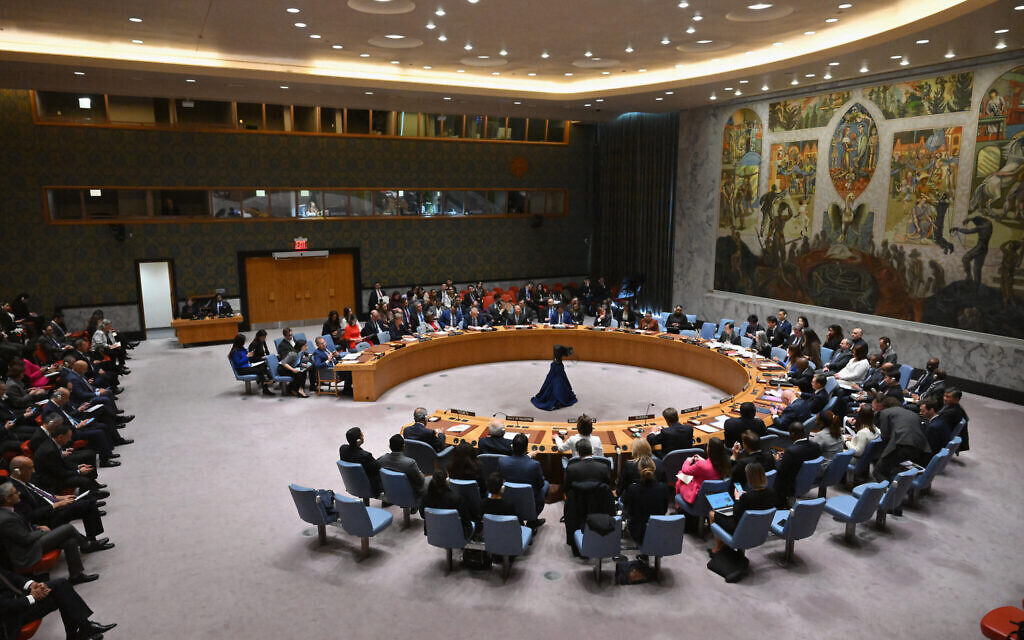


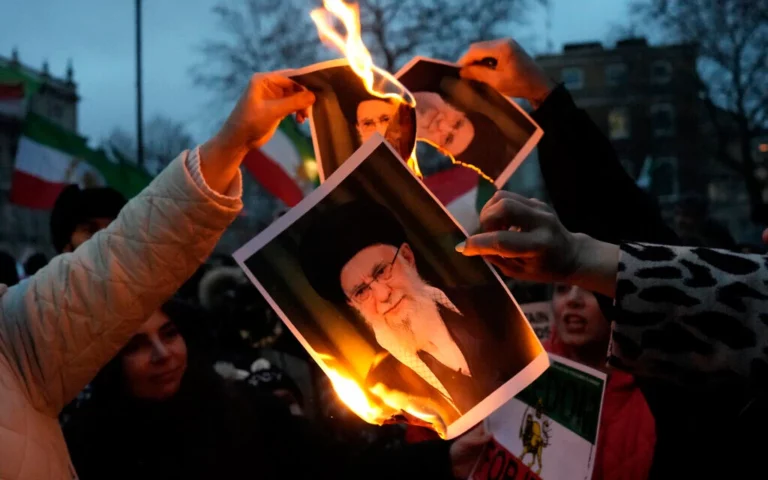

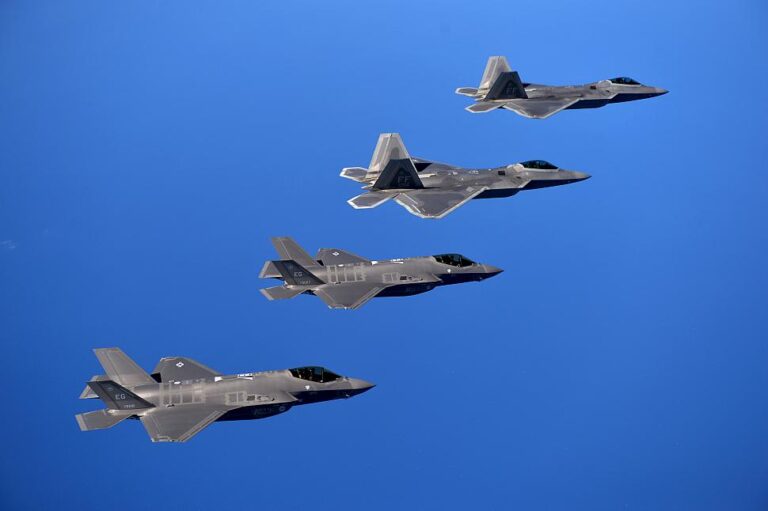


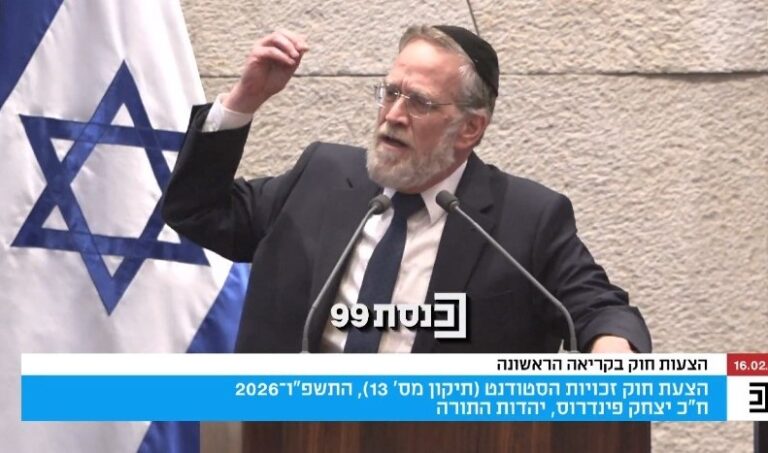
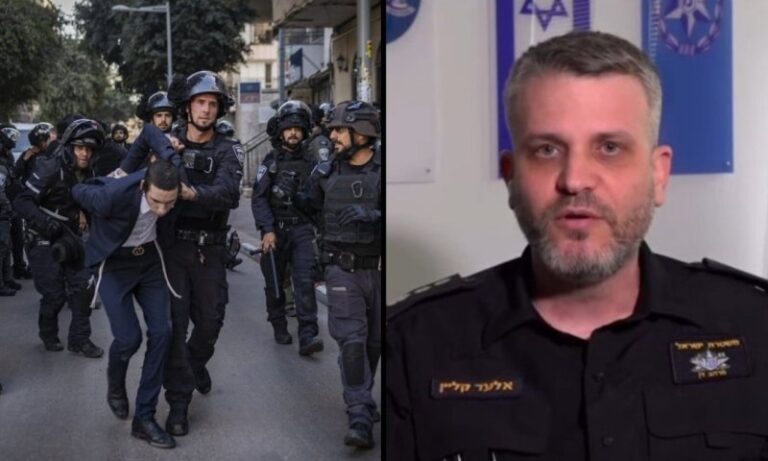
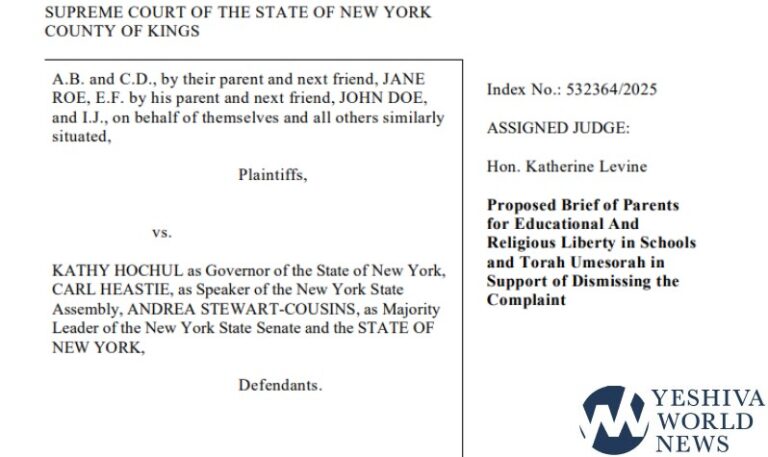
12 Responses
Biden is being clever. He knows that Hamas is not about to release all hostages (not now, not ever, or at least Eliahu comes to bring them back to life), so there is no chance of anyone involved in the Arab-Israeli conflict taking the cease fire seriously. Israel isn’t hurt. However Biden feels (perhaps wrongly) that he needs active support from anti-Semites to get reelected, and believes (also perhaps wrongly) that this resolution will be helpful in that regard. In truth, the headline should have said “Biden decides not to veto meaningless resolution”. Bibi also gets to denounce the United States, something which helps Biden with his anti-Semitic constituents, and which also helps Bibi domestically.
Note that no hostages will be affected by the resolution. No terrorists will be harmed. The United Nations credibility will be unhurt (it doesn’t exist, and get get lower). And all politicians will get something they want. Even YWN gets some clickbait out of it – a win win situation for everyone.
I hope Jewish lobs wake up before it’s too late
You can abstain too if you really don’t want to vote for Trump
Well done Jewish democrats. You’re more damaging to your survival than Hamas.
@coffee addict: “You can abstain too if you really don’t want to vote for Trump”
That’s EXACTLY what I plan to do. Skip the voting place come this election day.
Biden is being the weasel we know he is. He’s a mushchis and has done not one thing right.
It should be clear by now that all who believe in Judaism should vote for Trump. To those who, for whatever reason, do not like Trump’s personality, I advise “You don’t have to like him, you just have to vote for him”!
Apdsvys,
👏
the point of voting is usually not about putting your candidate in power (unless it is a small local election), rather it is because politicians only try to make voters happy in order to get future votes. Therefore it is important for everyone to vote for the lesser evil even if there is no good candidate, so that the politicians should see that jews vote and try to take our best interests into account. .
the point of voting is usually not about putting your candidate in power (unless it is a small local election), rather it is because politicians only try to make voters happy in order to get future votes. Therefore it is important for everyone to vote for the lesser evil even if there is no good candidate, so that the politicians see that jews vote and try to take our best interests into account. .
The usual double standard. Israel needs to respect the Muslim holiday with a ceasefire, after Hamas attacked Israel on IT’S Jewish holiday. What a ridiculous world we live in.
DontMindMe:
That would be its, not it’s.
Akuperma, Biden was not being clever, he was being evil. This resolution seriously harms Israel, because it will be forced to disobey it. The demand for a ceasefire is NOT LINKED to the demand for releasing the hostages. Hamas can refuse to return the hostages, and Israel is still required to cease fire, which it cannot do. So Israel will be forced to violate a Security Council resolution. There’s also a high chance that the Israeli supreme court (whose members should have been in a prison cell long ago) will order the IDF to comply with this resolution, and many, perhaps most IDF officers would obey such an order in defiance of the government they are supposed to obey.